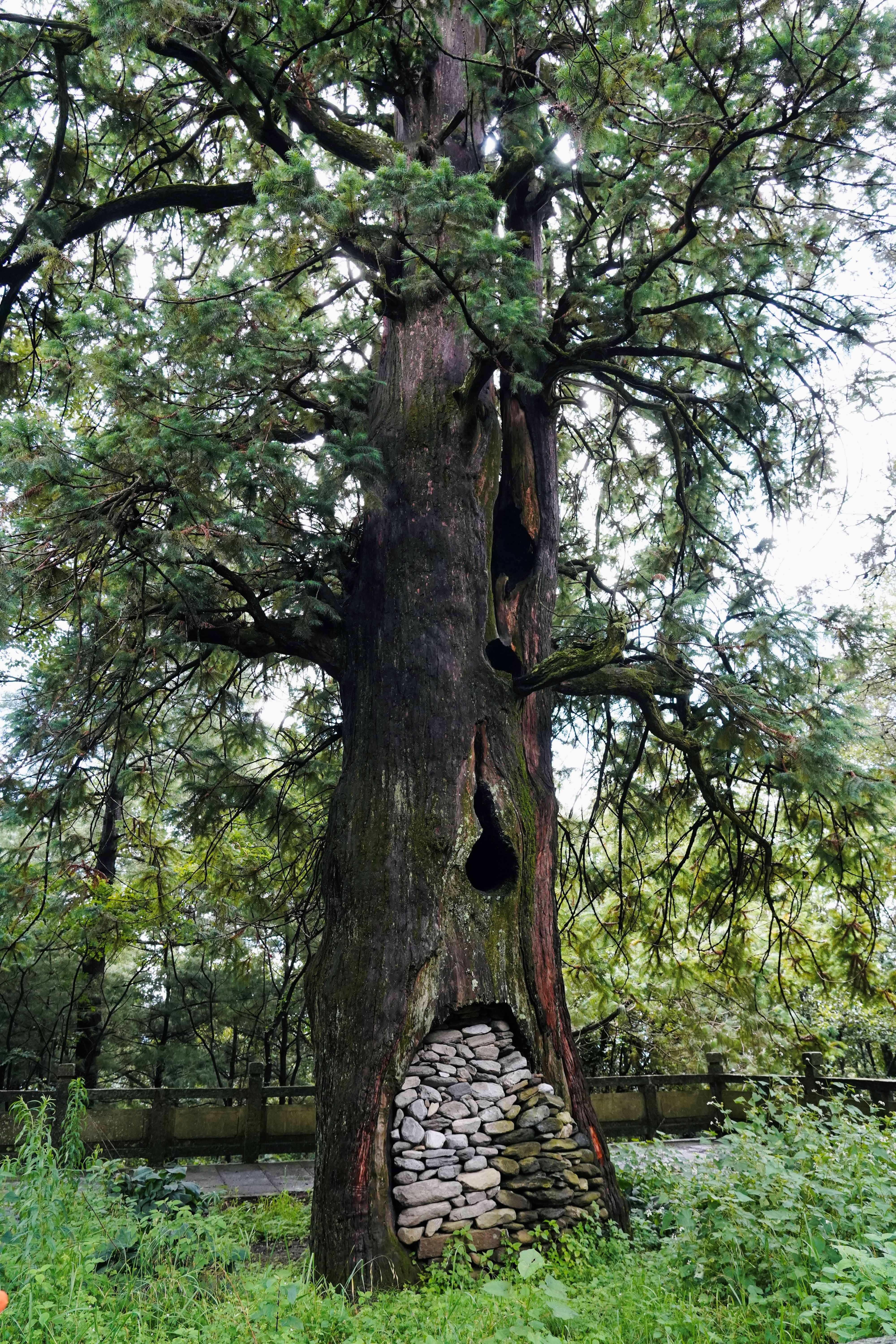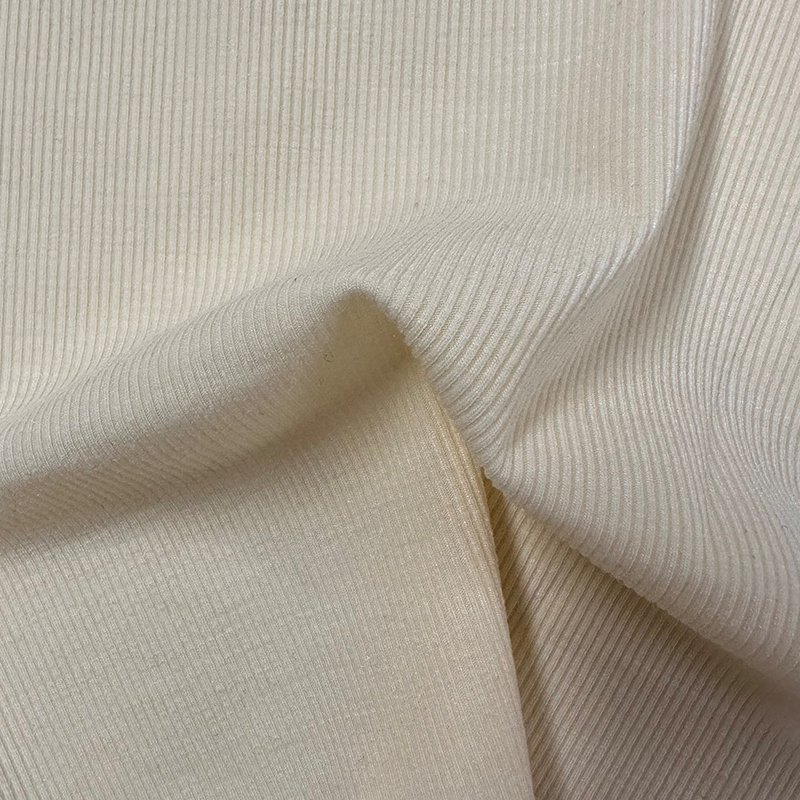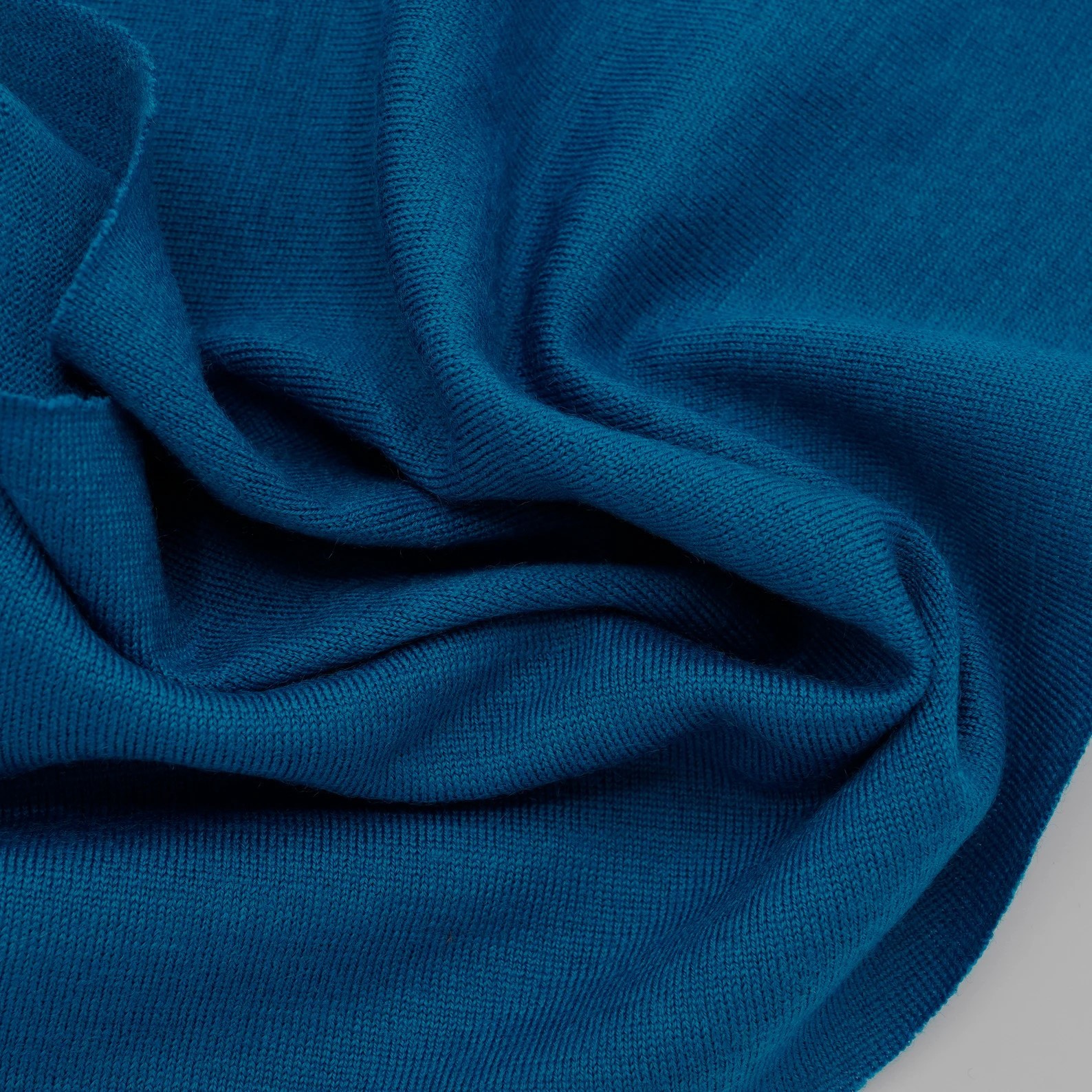 Esperanto
Esperanto
 Shqiptare
Shqiptare
 Euskara
Euskara
 Zulu
Zulu
 Latinus
Latinus
 Cymraeg
Cymraeg
 தமிழ்
தமிழ்
 Slovak
Slovak
 Slovak
Slovak
 Afrikaans
Afrikaans
The Versatile Benefits of Organic Wool Fabric in Modern Textiles
Release time:
2025-04-29
Source:
One of the standout features of organic wool fabric is its natural breathability. This fabric allows air circulation while effectively regulating body temperature, making it an ideal choice for both cool and warm weather. Unlike synthetic fabrics, which can trap moisture and heat, organic wool absorbs moisture from the skin, providing a comfortable wearing experience.
Another significant advantage of organic wool is its inherent moisture-wicking properties. This capability helps keep the skin dry, which is particularly beneficial for active individuals or those engaging in outdoor activities. The ability to wick away moisture also minimizes the risk of odors, allowing garments made from organic wool to stay fresher for longer periods.
In addition to comfort, organic wool fabric offers excellent durability. Wool fibers are naturally resilient, meaning they can withstand wear and tear while maintaining their shape and appearance over time. This durability makes organic wool an excellent investment for consumers looking for long-lasting textile solutions.
Moreover, organic wool is naturally resistant to fire and static, which adds another layer of safety and functionality to its use. In environments where heat or electrical hazards may be present, choosing organic wool fabric can provide peace of mind without compromising on style or comfort.
Sustainability is at the forefront of the organic wool movement. By opting for organic wool fabric, consumers are making a conscious choice to support environmentally friendly farming practices. Organic farming promotes biodiversity, improves soil health, and reduces pollution, contributing positively to the planet's ecosystem.
Lastly, organic wool is biodegradable, meaning it will break down naturally over time, unlike synthetic materials that can contribute to landfill waste. This characteristic aligns with the growing need for eco-conscious consumption and promotes a circular economy within the textile industry.
In conclusion, organic wool fabric stands out as a versatile, durable, and sustainable choice in the realm of functional textiles. Its natural properties not only enhance comfort and performance but also support environmental stewardship. Whether you're an outdoor enthusiast, a fashion-forward consumer, or simply someone seeking sustainable options, organic wool fabric is worthy of consideration. By choosing organic wool, you are not just investing in quality textiles, but also making a positive impact on the world around you.
organic wool fabric
Related News
2025-08-21 19:00
Why Nylon Wool Fabric is the Future of Sustainable Apparel
Why Nylon Wool Fabric is the Future of Sustainable Apparel Table of Contents 1. Introduction to Sustainable Apparel and Its Importance 2. Understanding Nylon Wool Fabric: A Comprehensive Overview 3. Environmental Benefits of Nylon Wool Fabric 3.1 Reduced Resource Consumption 3.2 Lower Carbon Footprint 4. Durability and Longevity: A Wise Investment 5. Versatility in Fashion Design 6. The Growing Po
2025-08-11 18:40
The Versatility and Benefits of Wool Fabric in Textile Industry
Wool fabric, derived from the fleece of sheep, is renowned for its unique properties that make it a highly sought-after material in the textile industry. Unlike synthetic fibers, wool is a natural fiber that possesses a range of advantages, contributing to its enduring popularity among designers and manufacturers. One of the most significant attributes of wool fabric is its excellent thermal regul





